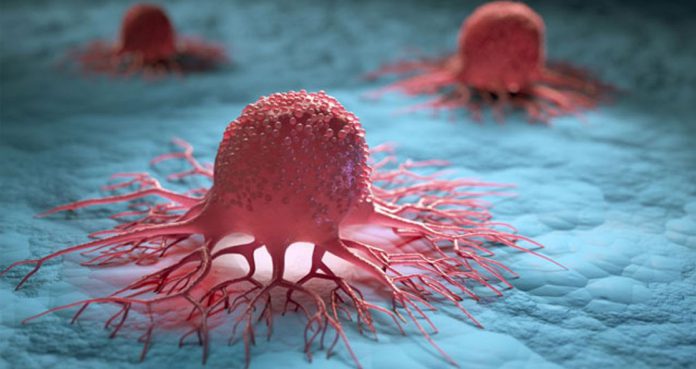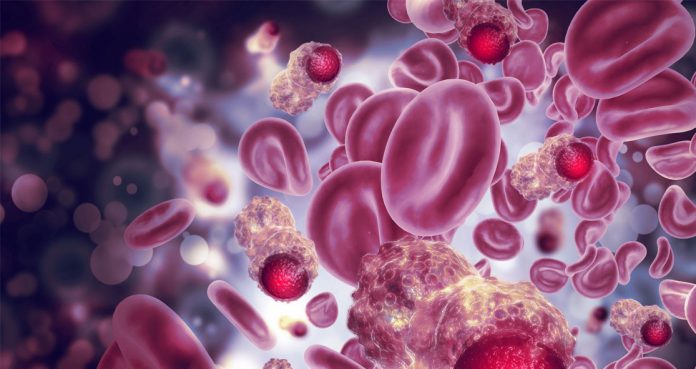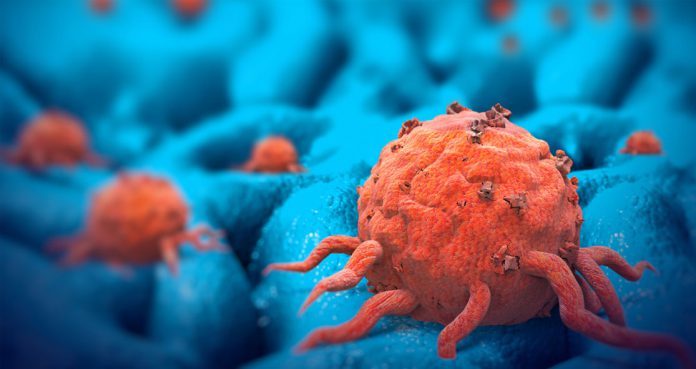Scientists Identify a Potential New Target for Treating Pediatric Blood Cancer
A new study has found a possible new target for treating a type of pediatric blood cancer called juvenile myelomonocytic leukemia. The study identified that dexamethasone, a commonly used anti-inflammatory drug, helped treat juvenile myelomonocytic leukemia in zebrafish.
Nitrites and Nitrates Intake Linked To Increased Cancer Risk
A new study has found that people who consume food products containing nitrates and nitrites are more likely to develop cancer. The study found that people who consumed nitrate-based products had a 25% risk of developing breast cancer and those who consumed nitrate-based foods had a 60% risk of developing prostate cancer.
Rilzabrutinib Shows Promise in Treating Blood Dyscrasia
In Phase 1-2 trial, rilzabrutinib has shown promising safety and efficacy in treating a blood disorder called immune thrombocytopenia, which is characterized by low levels of the blood cells that prevent bleeding (platelets). A major Phase 3 trial is currently underway.
Scientists Identify Protein That Offers Protection Against Breast Cancer Growth
Karolinska Institutet researchers have identified a protein that offers protection against breast tumor growth. This finding could help develop new treatment strategies for aggressive and difficult-to-treat breast cancers, leading to a better prognosis in breast cancer patients.
Being Physically Active Lowers Early Death Risk in Cancer Survivors, Study
New research has shown that cancer survivors are at increased risk of dying early if they are physically inactive. It has shown that cancer survivors who were physically more active had a lower risk of dying early, with experts recommending cancer survivors to sit less and move more.
Researchers Discover Small Molecule That Inhibits Growth of Pancreatic Cancer Cells
Researchers at Roswell Park Comprehensive Cancer Center have discovered a small molecule that inhibits the growth of pancreatic cancer cells. The molecule also stops the metastasis of pancreatic cancer cells through the iron metabolism pathway.
Keytruda Increases Survival Rates of Patients with Head and Neck Cancer, Finds Trial
A new clinical trial has shown that an immunotherapy drug called pembrolizumab (Keytruda) increases survival chances for patients with head and neck cancer. The trial found that when the drug is added to the standard care of treatment, it is highly effective.


























